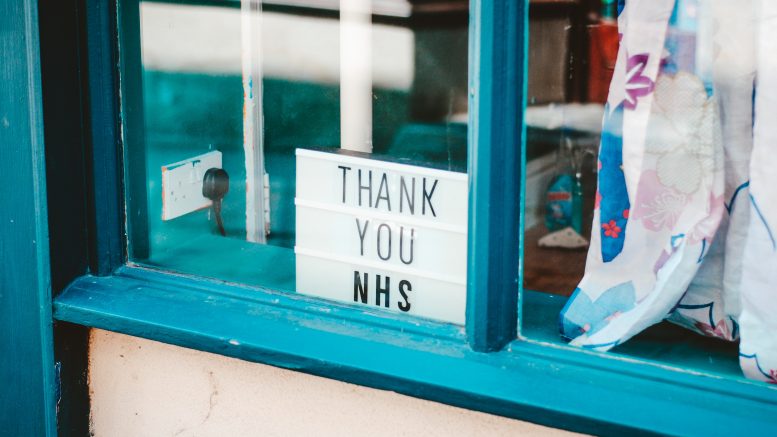Although next year the NHS budget will increase to almost £157bn, the National Health Service anticipates a shortfall of around £7bn after the autumn statement.
A health leader has warned that “stop gap” measures and “patching” the NHS will not be enough to make it resilient ahead the autumn statement.
The chief executive of NHS Providers, Saffron Cordery, pleaded with MPs at the organisation’s annual conference in Liverpool to “inject some long-termism into your thinking” and refrain from cutting funding for necessities like equipment and building maintenance.
Although next year the NHS budget will increase to almost £157bn, NHS England anticipates a shortfall of around £7bn.
Ms Cordery has warned that resilience will be severely harmed if, as she put it: “The Chancellor and the Health Secretary agree that it’s acceptable to balance the NHS books by, yet again, raiding the hard-won capital budget.”
Long-term investments in NHS real estate, buildings, and technology like MRI and CT scanners are funded by the organisation’s capital budget, which is also utilised for R&D.
Rishi Sunak has ruled out cutting the budget of the NHS as part of the constraint placed on public expenditures; nonetheless, the organisation’s executives still require additional billions of dollars to maintain key services operational this winter.
The United Kingdom’s National Health Service, which has a yearly budget of £152 billion, is requesting an additional £7 billion, which is equivalent to an additional five percent of its overall budget, in order to mitigate the effects of soaring inflation, salary increases, and costs associated with Covid.
Officials in the finance sector have voiced their concern that primary care, mental health, and cancer treatment services could be eliminated if the Treasury does not provide sufficient funding.
The government of Rishi Sunak has given the public assurance that the National Health Service (NHS) will not be impacted by the forthcoming budget cuts.
Whitehall insiders say that in order for the health sector to get their money protected, the NHS must first reform its spending and become more efficient. Activists have referred to the health service as a “blackhole of public funding”.
This comes at a time when politicians and advocacy groups have demanded that hospitals not be allowed to continue serving as “little art galleries”, instead calling for the sale of the health service’s £12 million art collection. However, many believe that the amount of money that it would bring in would not even come close to meeting the expenses.
On top of a record backlog, increased winter pressures caused by Covid and flu, the emergency (A&E), ambulance and cancer treatment services are all suffering crises simultaneously.
The Royal College of Nursing (RCN) has also announced a strike for the first time during its 106-year history, asking for better pay and working conditions while citing concerns for patient safety.
Words:Maryam Shahzadi|Subbing:Andrea Rezman


Be the first to comment on "When more is less – NHS left struggling despite extra funding"